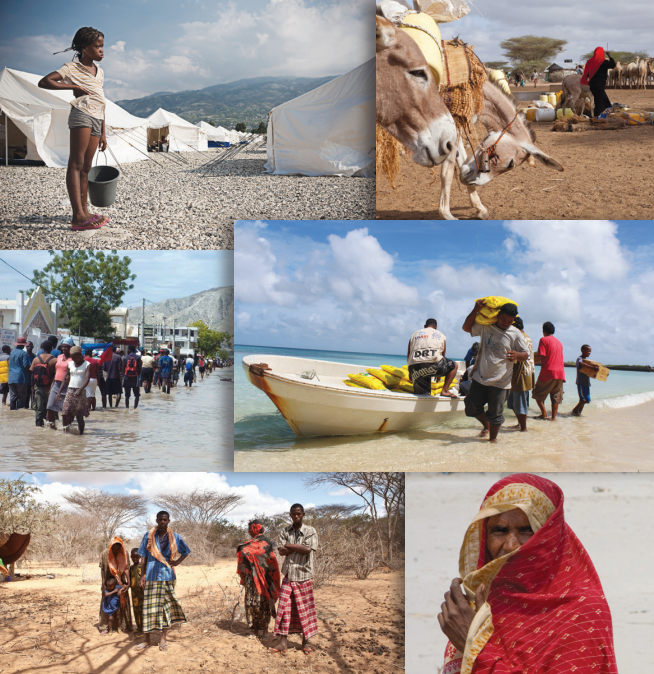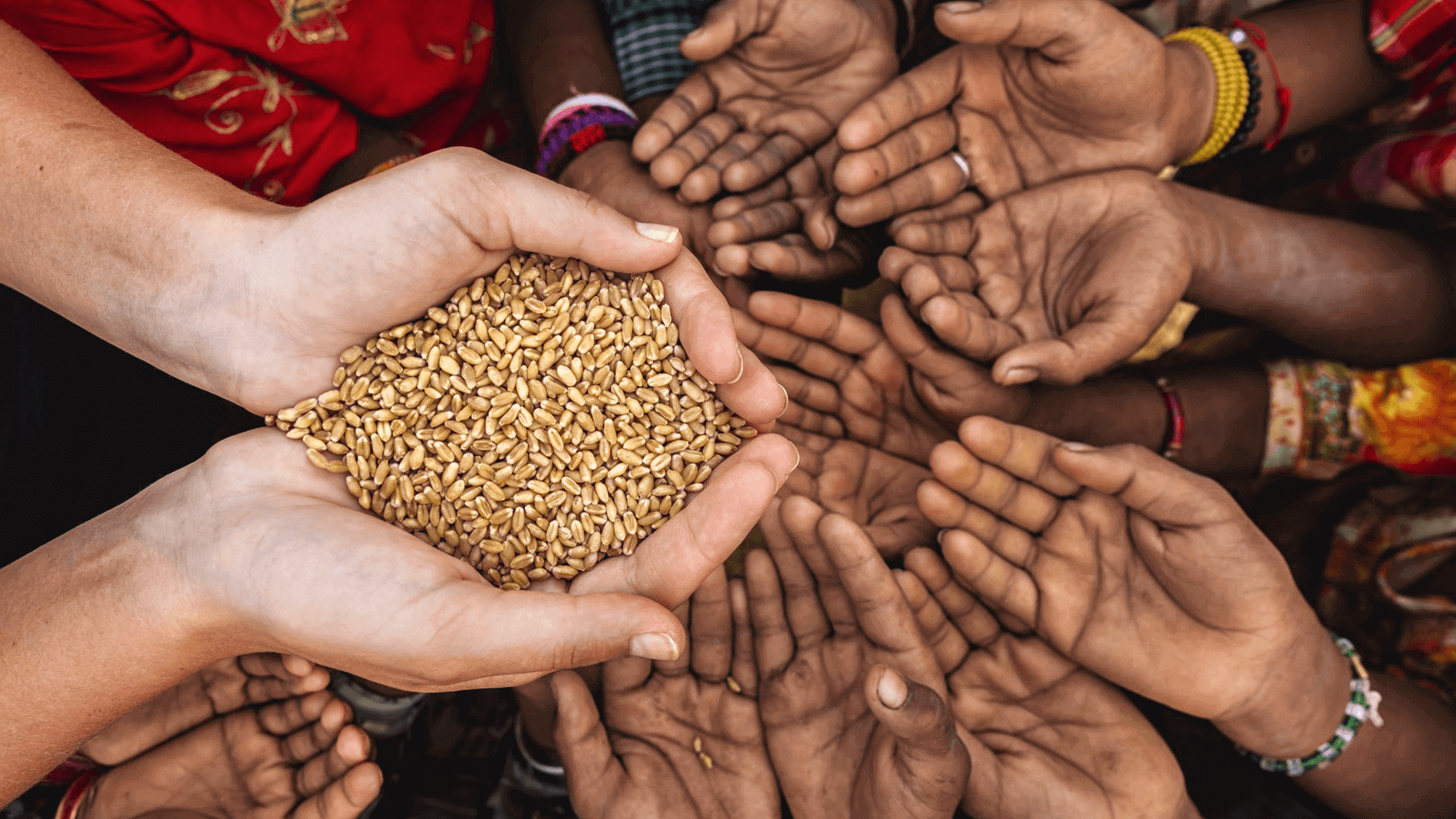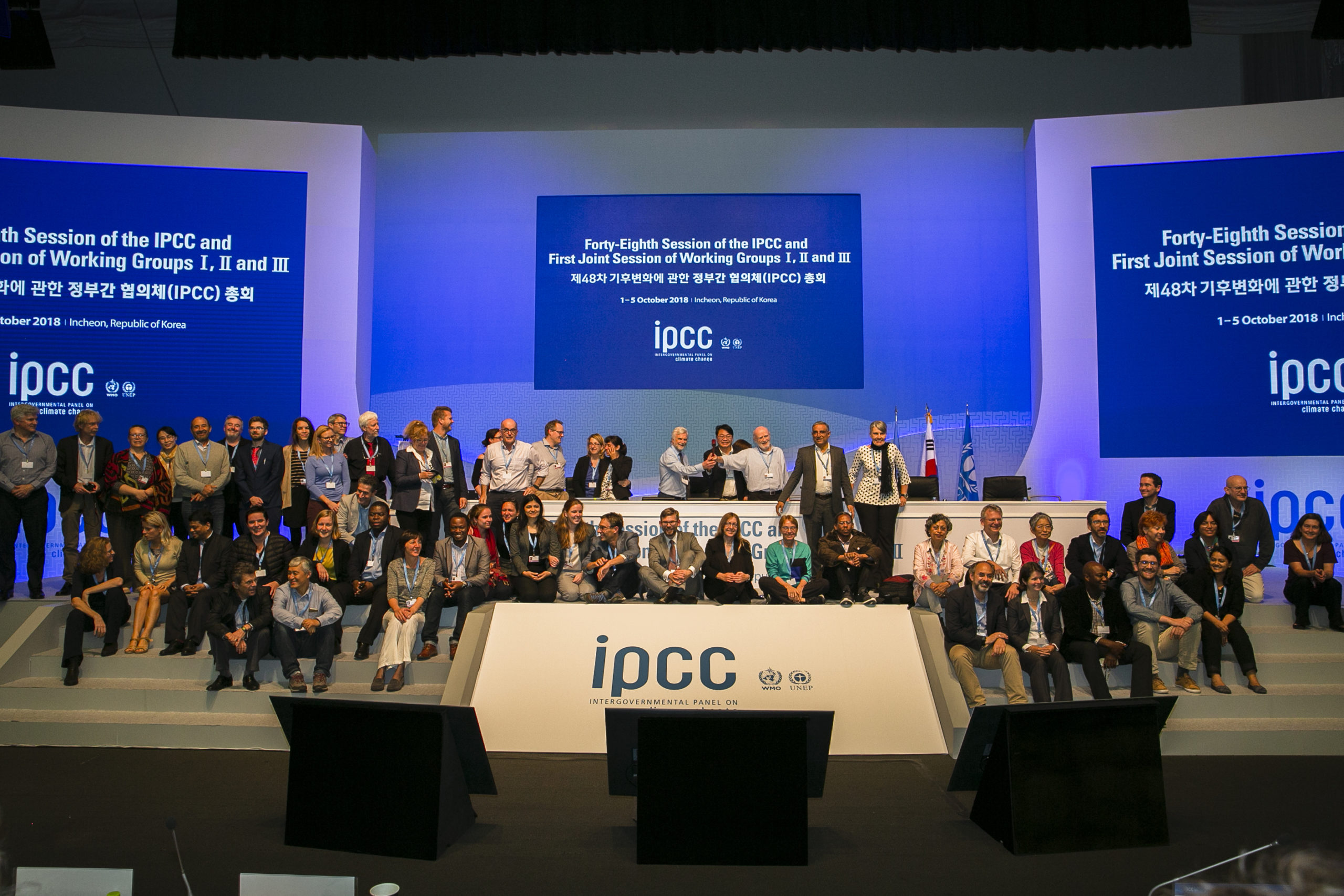1. PROLOGUE
1.1 The Inter-Governmental Panel of Climate Change (IPCC) guides nations on matters related to climate change (CC) at the global level, 158 countries have signed the United Nations Framework Convention on Climate Change (UNFCCC). In August 2021 IPCC published its 6th report “Climate Change Emergency: Challenges and Management Emergent Situation” in the world its findings are quite alarming and a real threat for the very existence of life on the planet earth.
1.2 The findings of the above report will be discussed below, along with challenges facing humanity, certain management strategies will be proposed in order to thwart the impending scenario.
2. DEADLY CHALLENGES
Conference of the Parties or COP26 will be held in October November 2021 in Glasgow and will be co-hosted by the United Kingdom (UK) and Italy. World leaders are expected to take cognizance of the threats contained in the report, Climate Change Emergency: Challenges And Management. They need to develop complete consensus to arrive at a final strategy and action plan to nullify the deadly consequences humanity has ever come across. Reaction time is almost nil and all other differences and wars will have to be stopped immediately with a view to launching a war against Climate Change Emergency: Challenges And Management in which the total world population participates with all resources at their disposal. Some of the challenges are enumerated in the following:
2.1. Climate Change Driven Disasters
Humanity has been facing natural and artificial disasters since the first human being lived on this planet. Unfortunately, their number and quantum has been multiplying with the passage of everyday. Recent data reveals that such natural calamities increased five times till 2019 from the level of 1970. It has been reported that climate change driven disasters had numbered 11,000 (1970- 2019). These were half of all calamities.
The economic losses accrued were 3.64 US dollar which account for 75% of the entire economic losses on number of disasters. The Nature is endangered Natural phenomena, habitats and landscapes are diminishing at the fastest rate that cannot guarantee the very and perpetuity of life on Planet Earth. There is scientific evidence that global environment will be degraded to an extent that if carbon emissions and the ensuring global warning are not executed as required under COL 25 by 2030 severe consequences may include difficulty in working outside the home and offices and increased heat related death. About half of total children population of 2-2 billion will be exposed to extreme health and survival crisis, the same is true in case of women and old people. In just two decades deaths of people aged over 65 years have increased to tune of 50%.

2.2 Water Insecurity
Over 80% cities of the world are facing water stressed conditions. Climate Change Emergency: Challenges And Management results in erratic rains, frequent and consistent droughts, heavy and sudden flooding, hurricanes, cyclones, extraordinary glacier melting, coastal water deficits, poor groundwater recharge, etc. have affected parts of the world. Lack of water supply is seriously affecting human health, plants and animals. Water borne diseases either due to required quality and quantity of water is creating health issues among the living creatures, water security is decreasing abysmally. The underlying consequence of food shortage, low crop yields and poor animal and dairy products will lead to an unprecedented holocaust.
Dehydration is the mother of the many ailments. After air, water is the most essential requirements for living organisms. Human beings cannot live more than a few days without water.
2.3 Devastating Impact on Marginalized Societies
2.3.1 There are sizable populations in the world especially in African and Asian continents as well as Latin America who have been living under trying conditions with non-availability of adequate civic services. The slum areas are the severely impacted areas due to climate vagaries along with poor housing, lack of sanitation, absence of health infrastructure and missing recreational elements for the poor people. Climate Change adds fire to the environments. Further, the minorities in certain countries are living under the same conditions without access to civic services at par with the rest of population.
2.3.2 Farming populations in rural area are adversely impacted by Climate Change Emergency: Challenges and Management. The women who work in the field are exposed to adverse climatic conditions. Climate change further becomes dangerous to rural people who are subject to sprays of chemical fertilizers and pesticides.
2.4 Food Crisis
Agriculture is climate dependent. From its sowing to maturity, harvesting and storage climate change has deleterious impacts. Adverse climatic conditions also lead to proliferation of planet diseases while one third of the world’s total produce is wasted on account of varying factors. CC feign an important reason Crop yields are already decreasing due to climate change to 5.6% per annum. It is now estimated that after 2050 crop yield will lose almost 30%. At that time it will not be possible to feed most of the population who will die due to hunger and malnutrition. Climate refugees and war torn people are exponentially increasing which indicates the gravity of situation.

3. MANAGEMENT STRATEGIES
3.1 There is no time left for long term plans which will prove to be futile. It is time to act and react. All out global and national strategies must be made to launch multiple wars against the number one common enemy of humanity.
3.2 World leaders must act like statesmen and move forward by helping one another financially, technically and politically. Climate change is worse than the Covid-19 Pandemic. If one stakeholder fails against the onslaught of climate change everybody fails.
BIBLIOGRAPHY
- Global Voices
- Google Search
- Hussain, M., Environmental Degradation = Realities and Remedies, Ferozsons (Pvt) Ltd, Lahore (Pakistan), 1998
- Hussain, M., 2020, Islam & Environment, The Environ Publications, Lahore.
- Hussain, M., Environmental Degradation=Realities and Remedies, Ferozsons (Pvt) Ltd, Lahore (Pakistan), 1998
- Hussain, M., (2021), Islam and Environment, Vol-I & II, The Environ Publications, Lahore (Pakistan)
- Informed Comments
- MNT Newsletter
- National Geographic
- NDMA Pakistan Briefings
- The Environ Monitor
- TV Channels (BBC, Al-Jazira, Pakistan TV etc.)
- Informed Comment
- Washington Daily Briefing
- WHO Briefings and Media





